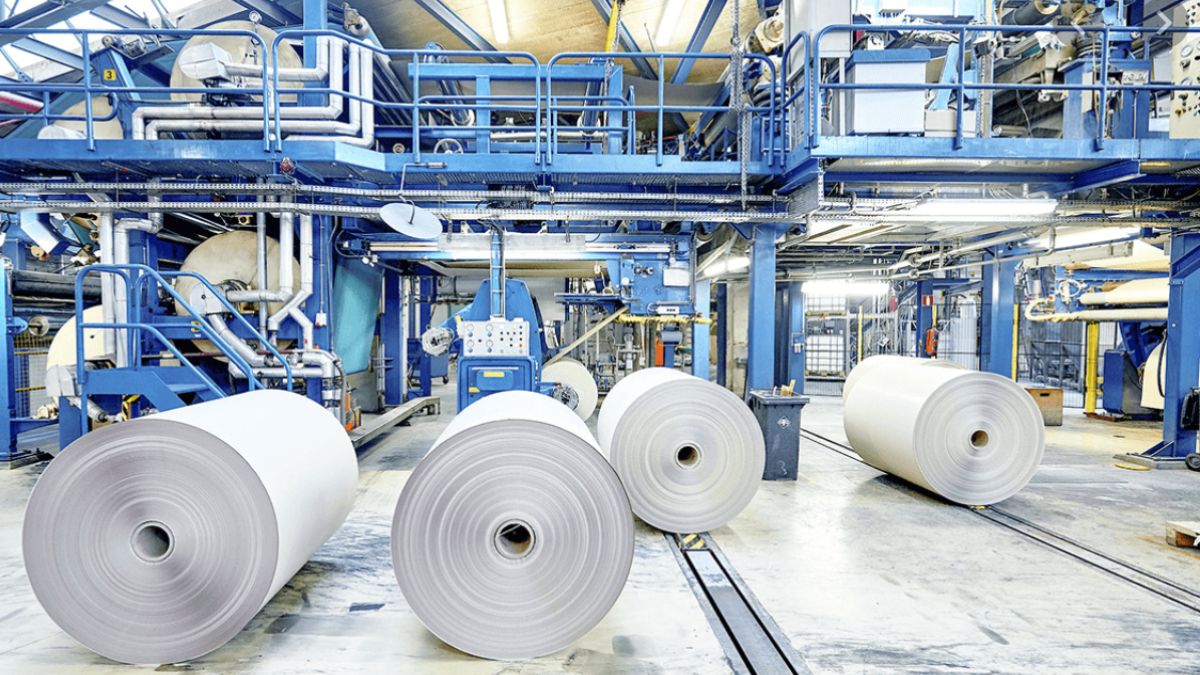The All Pakistan Paper Mills Association (APPMA) serves as a central representative body for Pakistan’s paper industry. In 2025, its significance continues to grow, especially in the face of rising economic challenges, sustainability concerns, and increasing global trade competitiveness.
Role and Purpose of APPMA
APPMA was established in 1993 through the merger of regional paper associations in Karachi, Lahore, and Rawalpindi. It is registered under the Trade Organizations Ordinance and functions as a non-political, trade-based body for industry advocacy and coordination.
Its primary roles include:
- Representing the paper industry in governmental policy discussions.
- Unifying traders, mill owners, and importers.
- Advocating for tax relief and raw material cost reductions.
- Supporting sustainable and environmentally friendly practices.
Read More: Confectionery Industry in Pakistan 2025 – Market Trends, Brands & Growth Insights
Key Functions of APPMA in 2025
| Function | Description |
|---|---|
| Advocacy & Policy Reform | Lobbying for duty reductions on raw/semi-finished paper, and energy tariff relief. |
| Trade Promotion | Representing Pakistan at trade expos like China Pulp & Paper Expo. |
| Sustainability Guidance | Promoting recycling, water conservation, and eco-friendly practices. |
| Industry Support | Assisting printing and packaging businesses with fair tax regulations. |
| Regulatory Participation | Engaging in legislative recommendations and stakeholder meetings. |
Industry Impact and Economic Contribution
The paper industry, represented largely by APPMA, supports over 200,000 jobs across Pakistan. It plays a vital role in:
- Education (textbooks, notebooks).
- Commercial packaging.
- Office and printing sectors.
APPMA actively works to balance economic viability with sustainability by addressing key cost challenges such as:
- High import duties on raw paper.
- Unstable electricity tariffs.
- Inequitable tax treatment compared to finished imported goods.
Recent Developments and Budget Proposals (2024–2025)
In collaboration with the Lahore Chamber of Commerce and Industry (LCCI), APPMA has submitted proposals to:
- Lower customs duties on pulp and semi-finished paper.
- Cut sales tax from 18% to 9%.
- Reduce withholding tax to 3%.
- Stabilize energy pricing to prevent factory shutdowns.
These recommendations aim to protect local businesses, reduce unemployment, and foster a competitive domestic market.
Read More: Pakistan Refinery Industry Update 2025 – New Projects, Expansions & Policy Shifts
Strategic Goals for 2025 and Beyond
| Focus Area | Strategic Objective |
|---|---|
| Energy Reform | Secure lower industrial power tariffs. |
| Tax Policy Advocacy | Introduce rationalized import duty structures. |
| Sustainable Operations | Promote recycling and water conservation in paper mills. |
| Export Development | Participate in more global trade events and partnerships. |
| Technology Upgrade | Support digital and eco-efficient production methods. |
Contact and Zonal Information
APPMA operates through two zones:
- South Zone (Karachi) – Covers Sindh and Balochistan-based members.
- North Zone (Lahore) – Covers Punjab and KP-based stakeholders.
Further details can be found through official sources or upcoming events listed on recognized trade websites.
Conclusion
In 2025, APPMA remains pivotal in aligning the paper industry with modern trade standards, fiscal reforms, and sustainability goals. Through constant engagement with stakeholders and government bodies, it continues to protect domestic producers, promote fair policy, and elevate Pakistan’s paper industry in global forums. Keep visiting: Bloom Pakistan
Read More: Call Centre Business in Pakistan – A Growing Industry Explained









